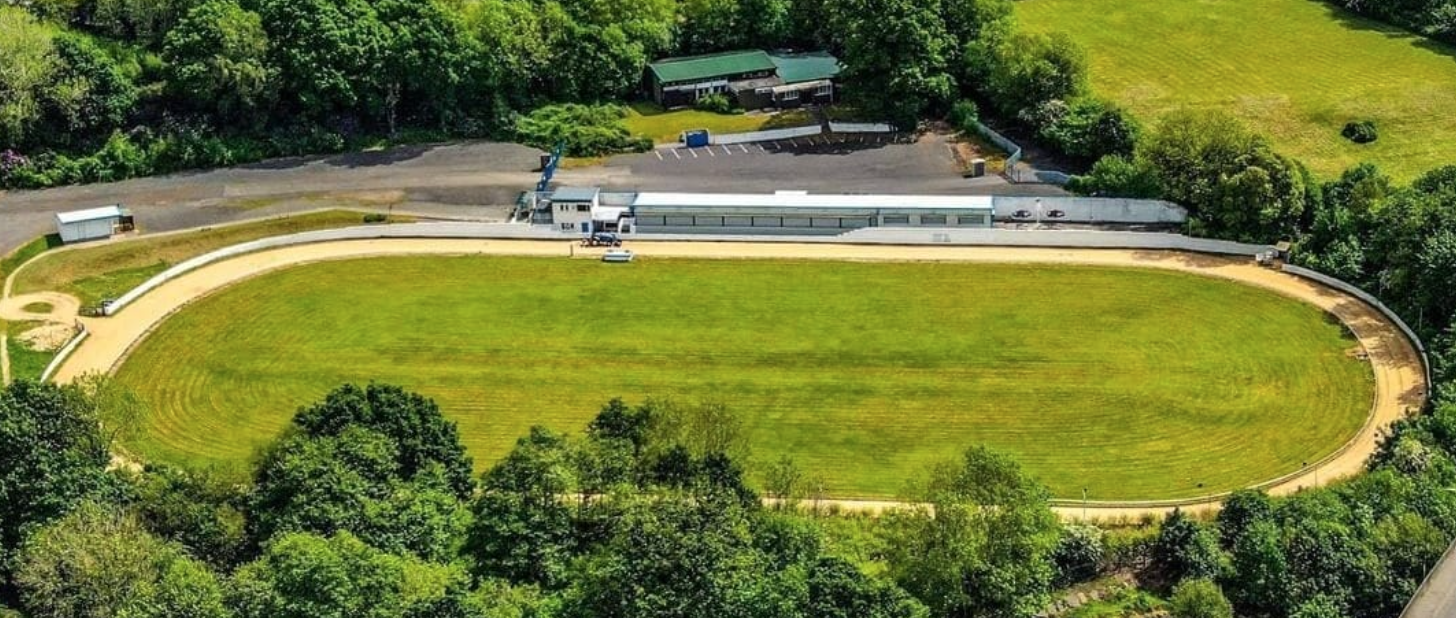Bird slams 'backroom deal' leading to Welsh ban call

AS the fallout continues from the shock Welsh Government announcement that it intends to take steps to ban greyhound racing, GBGB MD Mark Bird has addressed the current situation and possible moves ahead.
It has also emerged that the decision was part of a deal with Welsh Lib Dem leader Jane Dodds, the party's only elected representative, in order that she did not oppose the Government's budget which would otherwise have struggled to pass.
Bird said: "The Welsh administration has today admitted that this has nothing to do with greyhound racing but is a dirty, dodgy, backroom deal to get their budget through.
"This is not how any piece of legislation should be decided upon and is the kind of cynical behaviour that destroys people’s trust in government leaving them totally disillusioned about how politicians behave. Sadly, an Act is for life; not just for the budget.”
Dodds has been a long-time critic of greyhound racing, claiming in a recent Facebook post:"As well as during their careers, so many greyhounds are treated cruelly after their racing career comes to end."
Bird had earlier told the Racing Post: “The first thing I sought was to look for some stability surrounding what I still believe to be an emotive decision by the Minister involved, and by that I mean in terms of the immediate future of Welsh track Valley.
“I’ve spoken to both the track’s Kate Bennison and also to Richard Brankley at SIS [media partners] and the GBGB fully supports their desire to continue racing in face of this unwelcome news."
Bird added: “It’s telling that representatives of the animal charities opposed to the sport were in the viewing gallery, while the GBGB was not alerted until contacted for comment by the South Wales Argus.
“This is not a decision based on evidence or facts and was not the only option the Minister could have taken.
“For instance, he could have looked to adopt the welfare of racing greyhounds strategy that governs tracks in England [currently not in place in Wales] – and even chosen to impose more stringent regulations.
“There seems to be little or no regard to the knock-on effect such a decision would have, including to those whose livelihoods will be lost.
“I asked the question as to what would it mean to Wales-based trainers who run their dogs in England and nobody had an answer.”
Bird added: “This is not guaranteed [to happen] and depends on what resources they throw at it. There may be grounds to appeal the decision or call for a judicial review, and that’s something the Board will discuss, albeit it would involve considerable funding.
“But what the sport must do now is maintain public pressure on the Senedd to reconsider this perverse decision.

“I’d also add that I’ve seen the statement issued by the British Horseracing Authority and was disappointed that it seems to disregard greyhound racing and focus purely on what it sees as a strong position for the three horseracing tracks in Wales.
“This is the thin edge of the wedge and there’s nothing to say that should the dissenting voices get their way with greyhound racing that they won’t then turn their attention to horseracing next.”
Meanwhile, Greyhound Racing Ireland has officially responded with an overview of its position.
It reads: "RCÉ/GRI and greyhound racing in Ireland enjoys significant support from Government and welcomes the ongoing commitment to the sport and industry in the Programme for Government 'Securing Our Future'.
"Such support of Government underlines the recognition of the industry value to economic, social and cultural life of Ireland, and the very significant level of focus that GRI and the industry has in placing the welfare of racing greyhounds at the heart of the sport and industry.
"Such commitment to welfare, including openness and transparency in the greyhound racing industry, is reflected in GRI’s racing greyhound traceability system which every racing greyhound owner participates in, the extent of welfare inspections carried out as part of GRI’s regulatory role with 2,400 Inspections in 2024 across racing, training and breeding establishments, coupled with 6,000 samples taken both in and outside of competition as part of its regulation of racing across the country.
"Support for the sport and industry is reflected in nearly 360,000 attendees at racing stadiums in 2024, continued investment in stadia, in particular a major upgrading of GRI flagship station Shelbourne Park in Dublin and racing infrastructure.
"Through the Irish Retired Greyhound Trust, GRI has supported to rehoming of 1,100 racing greyhounds in 2024, demonstrating its commitment to a whole of life welfare system."